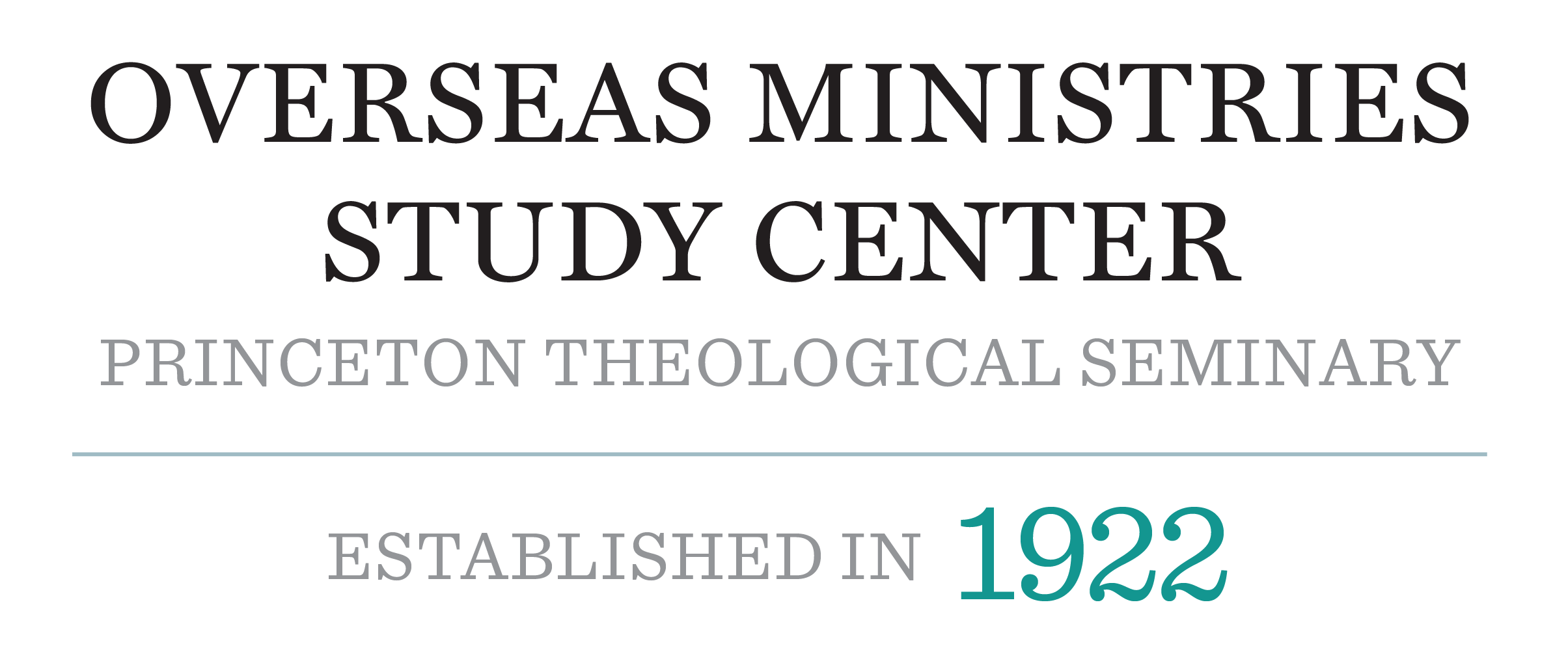Dr. Jehu J. Hanciles is the D.W. and Ruth Brooks Professor of World Christianity and the director of Candler’s World Christianity program. He has lived and worked in Sierra Leone, Scotland, Zimbabwe, and the United States and been a visiting professor at schools around the world. Before coming to Candler in 2012, Hanciles was associate professor of the history of Christianity and globalization, and director of the Center for Missiological Research at Fuller Theological Seminary.
Hanciles’ latest research surveys the history of global Christian expansion through the lens of migration, and his new book is titled Migration and the Making of Global Christianity (Eerdmans, 2021). He has written and published on issues related to the history of Christianity (notably the African experience) and globalization, including Euthanasia of a Mission: African Church Autonomy in a Colonial Context (Praeger, 2002) and Beyond Christendom: Globalization, African Migration and the Transformation of the West (Orbis Books, 2009), and numerous articles. His article “The Future of Missiology as a Discipline” was one of the top ten most read articles in Missiology in 2015. He serves as associate editor of Missiology, one of the premier scholarly journals of mission studies, and on the editorial advisory committee for Baylor University Press’s Studies in World Christianity.
Seminar: Migration, Mission, & World Christianity
March 17-18 (Monday-Tuesday)
Migration is a phenomenon as old as humanity itself and has played a fundamental role in the spread of Christianity around the world. In this seminar, histories of human migration and histories of mission will converge to provide new insights into how Christianity has become a global faith that has not only spread but has become firmly rooted in diverse cultures. Contemporary challenges associated with increased migration in an age of globalization will also be examined as points of crisis and opportunity for today’s church as it seeks to negotiate and minister to the complexities of identity and belonging in an increasingly interconnected world.





